|
As the two-year anniversary of Russia’s full-scale invasion of Ukraine approaches, the war seems to have been pushed off the airwaves and newspaper front pages by the conflict in Gaza.
With “Ukraine fatigue” setting in around the world, and some Western politicians increasingly wary of sending more aid to Ukraine, it’s an important moment to take stock of the devastation wrought by Russia’s invasion and occupation.
Jon Richardson, a former Australian diplomat in Russia, has done just that today. It makes for very sobering and distressing reading.
The numbers of civilian deaths, he writes, are far from certain. Revisiting the horrific bombardment of Mariupol, he says upwards of 87,000 people may have died in this city alone.
As for battlefield casualties, Richardson points to US estimates that half a million soldiers may have been killed or wounded overall.
Richardson then delves into the destruction of Ukraine’s infrastructure, the mass deportations of children to Russia, and the violent repression Russian forces have used to cement their authority in occupied Ukrainian regions.
In these regions, Ukrainian cultural identity is being slowly erased. This, to many observers, is evidence the invasion has been genocidal in nature.
In a companion piece, Russia security expert Matthew Sussex argues this could be a trying and pivotal year for Ukraine – and the world should be paying closer attention.
With Russia’s recent advances on the battlefield and US military aid still held up in Congress, the war could tilt in Russian President Vladimir Putin’s favour.
Putin is wagering that conquest comes without consequences. If he can keep domestic discontent muted long enough for the West to lose interest in the war, Sussex writes, this could embolden him to sets his sights on other neighbouring states next.
|

|
Justin Bergman
International Affairs Editor
|
|
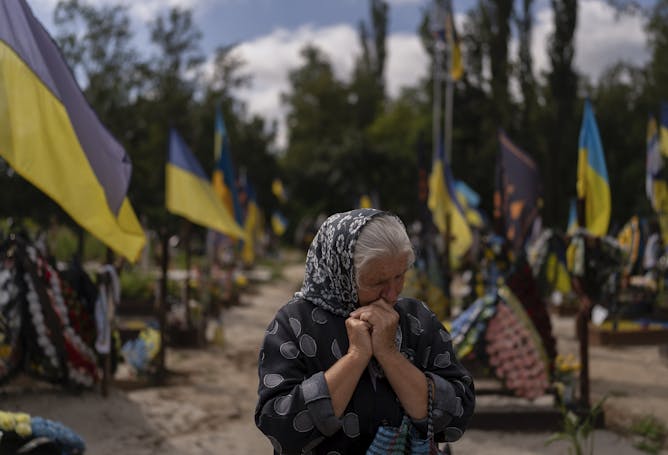
Jon Richardson, Australian National University
The erasure of Ukrainian nationhood in occupied territories and frequent denial of Ukraine’s right to exist is evidence the Russian invasion has been genocidal in nature.
|
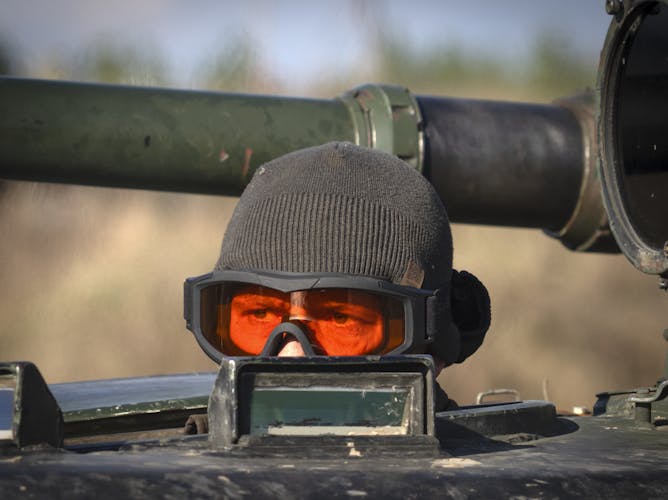
Matthew Sussex, Australian National University
Ukraine has fought off relentless waves of Russian attacks over the past two years, but if its Western support dries up, its resistance will be very hard to sustain.
|
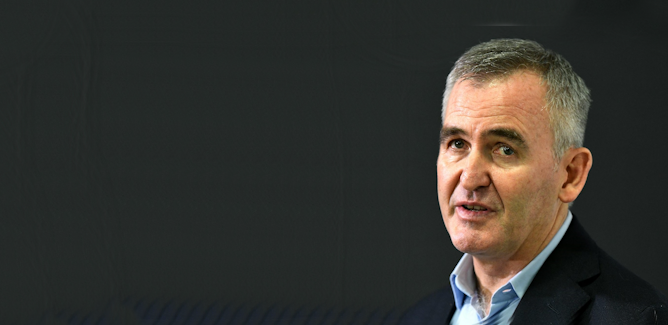
Peter Roberts, UNSW Sydney
Woolworths promoted itself as a place where “goods are so cheap and shopping easy and pleasant” when it opened 100 years ago. Australia’s biggest grocer has moved away from its humble beginnings.
|
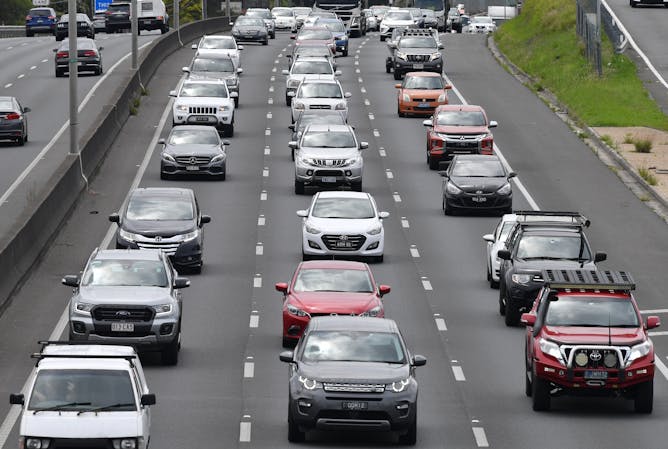
Robin Smit, University of Technology Sydney
Australian vehicle emissions are even worse than official figures show and are likely to fall even further behind the rest of the world unless much more ambitious policies are adopted.
|
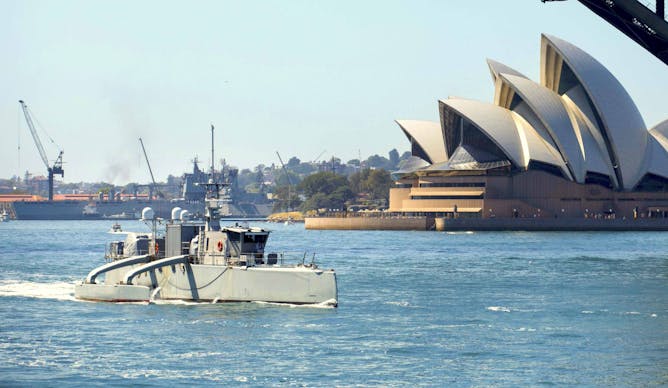
Simon McKenzie, Griffith University
The law of the sea says warships must have a crew. What does that mean for naval drones?
|

Mike Johnstone, Edith Cowan University; Georgia Psaroulis, Edith Cowan University
With so much advice available, how are we still getting scammed? It’s because cybercriminals use sophisticated psychological techniques to trick us and wear us down.
|

Alison Poulton, University of Sydney
Many Australians with ADHD are having trouble accessing their usual medication. This can create difficulties for people who have previously been managing their symptoms well.
|

Leonora Risse, University of Canberra
Working from home is bringing more of us into the workforce and better matching us to jobs. It shouldn’t be seen as a favour to us, but as a favour to the economy.
|
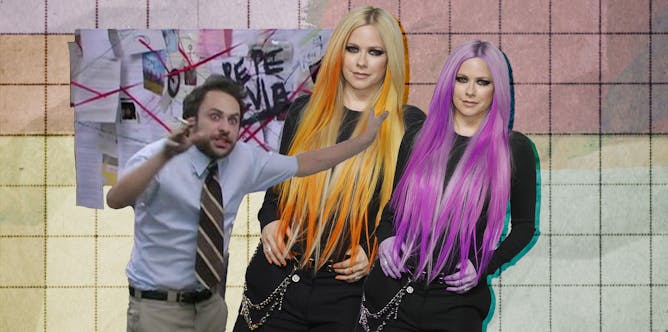
Naomi Smith, University of the Sunshine Coast; Clare Southerton, La Trobe University
One of the more satisfying aspects of conspiracy theorising is, sometimes, they might just be right.
|
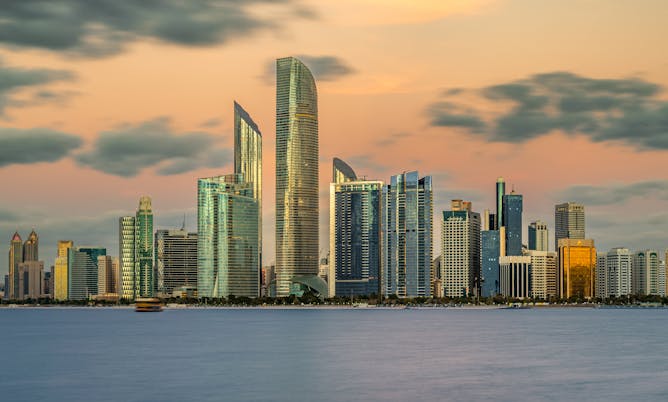
Jane Kelsey, University of Auckland, Waipapa Taumata Rau
Power politics and lack of progress on vital issues mean there are low expectations for the World Trade Organization’s ministerial conference in Abu Dhabi next week.
|
Politics + Society
|
-
Michelle Grattan, University of Canberra
Anthony Albanese has said there will be an early budget next year which seems to rule out a early election.
-
Savitri Taylor, La Trobe University
With the arrival of 39 foreign nationals in Western Australia, debate around boat arrivals has been re-ignited. What happens if you come by plane instead?
-
Chien Ju Ting, Auckland University of Technology
The indigenous languages of Taiwan are struggling in the face of Chinese dominance. The answer to language revitalisation could lie in grassroots efforts rather than government legislation.
|
|
Health + Medicine
|
-
Iris Lim, Bond University
Chronic UTIs come back repeatedly or never fully go away despite treatment.
|
|
Science + Technology
|
-
Andrew Rozefelds, CQUniversity Australia
Millions of years ago, widespread volcano eruptions in eastern Australia buried entire forests. Today, these time capsules reveal stunningly fossilised plants.
|
|
Environment + Energy
|
-
Gregory Moore, The University of Melbourne
From sacrificial bark to fire-germinating gumnuts to stealthy buds the eucalyptus has evolved an arsenal of protective measures.
-
Jeremy Bird, University of Tasmania; Justine Shaw, Queensland University of Technology; Richard Fuller, The University of Queensland
One of the world’s largest programs to eradicate multiple predators and pests has started to restore the island and its once vast nesting colonies to their former glory.
|
|
Arts + Culture
|
-
Stuart Richards, University of South Australia
New Australian film The Rooster is a small character study of two fragile men, and a powerful examination of isolation and moving on.
|
|
Books + Ideas
|
-
Sheila Fitzpatrick, Australian Catholic University
Yevgeny Zamyatin was a born loner and instinctive satirist, whose usual response to collective enthusiasm was to dissent.
-
Gillian Dooley, Flinders University
Marion Halligan wrote novels that are compulsively readable and full of ideas.
|
|
| |
|
|
|
The Conversation AU
Melbourne VIC, Australia
•
Full Time
|

|
|
The Conversation AU
Melbourne VIC, Australia
•
Full Time
|

|
|
|
|
| |
| |
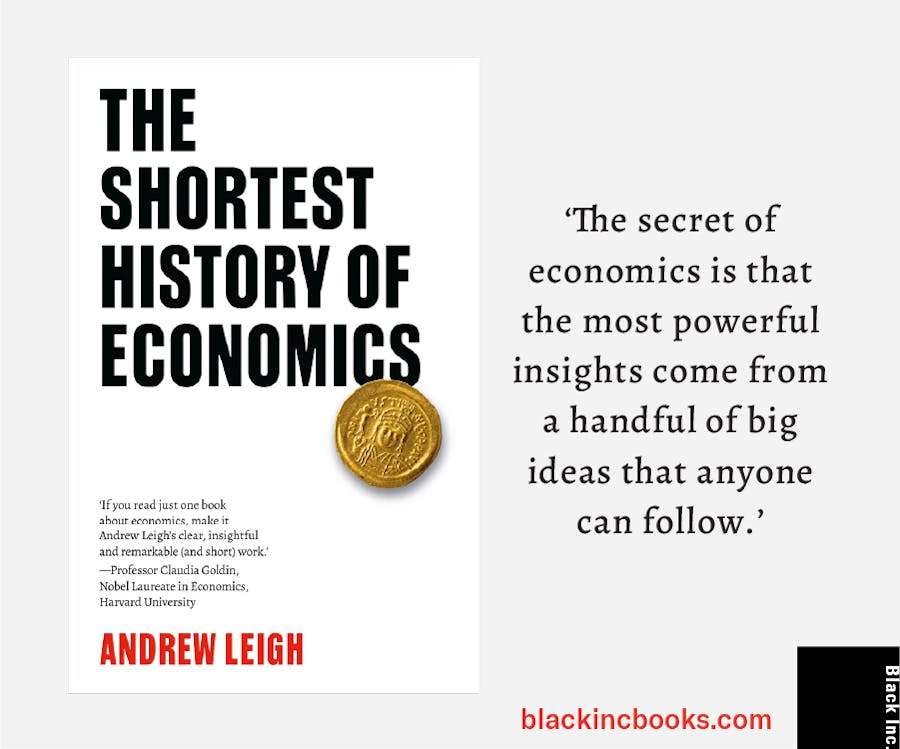
|
| |
| |
| |
Featured Events, Courses & Podcasts
|
View all
|
|
1 January 2023 - 7 October 2026
•
|

|
1 February 2023 - 25 November 2029
•
|
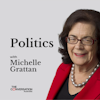
|
4 March - 13 May 2024
•
Clayton
|

|
14 March - 12 April 2024
•
Sydney
|

|
|
|
|
| |
| |
| |
| |
| |
|
|